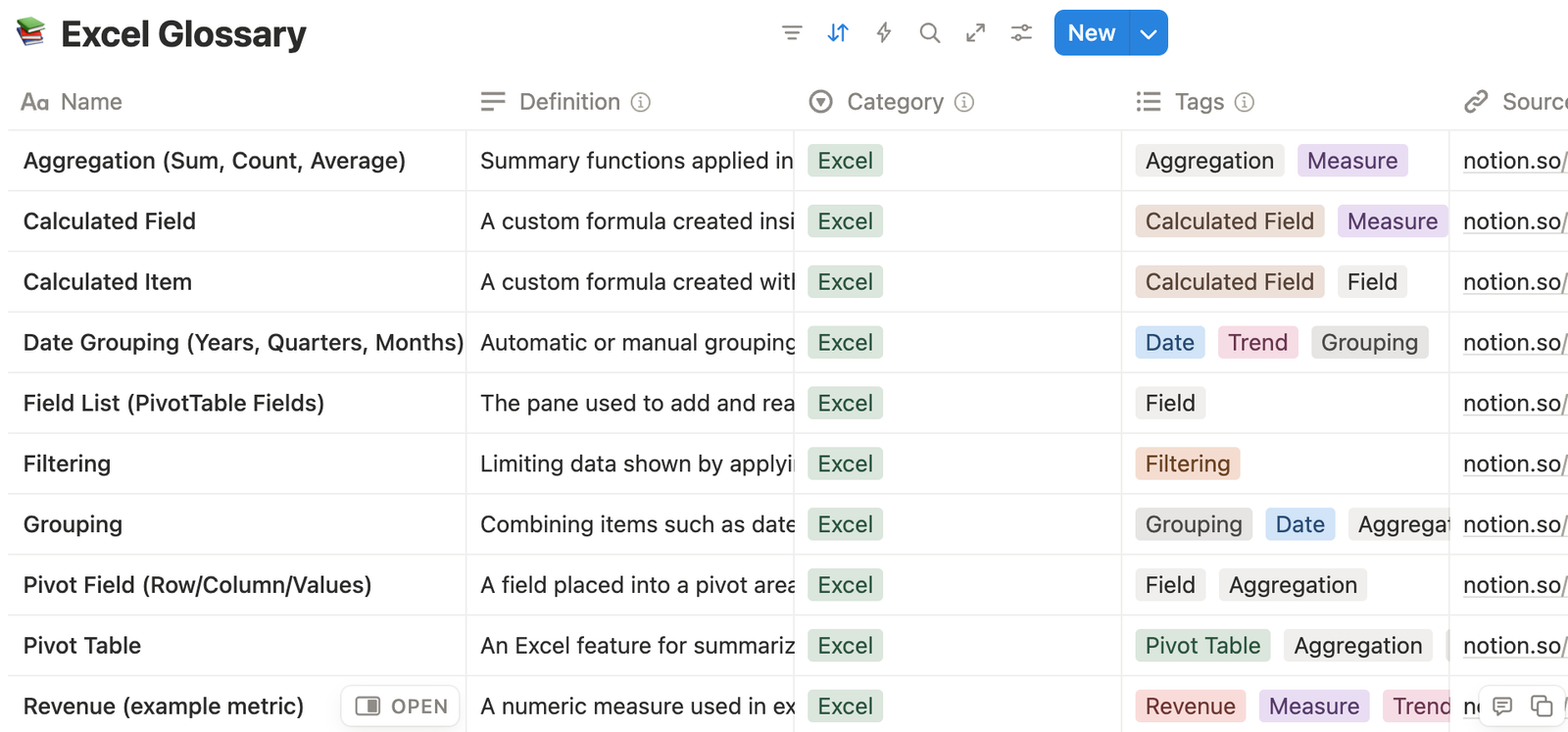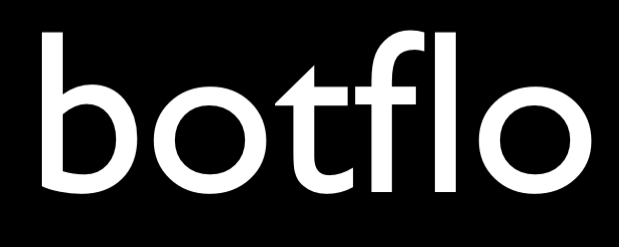Notion allows you to build flexible AI workflows
Supports hierarchical information
Since Notion supports hierarchical information – a page can have a set of sub-pages, which can themselves have their own sub-pages and so on – it is very easy to use Notion as a knowledge base.
An excellent contrast would be with NotebookLM, which is by any measure an excellent AI tool, but the lack of a multi-level hierarchy means you are restricted to the paradigm of a single hierarchy of Notebooks which contain sources.
Since NotebookLM has a generous free tier and excellent AI search capabilities, this simple hierarchy is still OK for beginners. But there is also another major challenge with NotebookLM.
It has native databases
You can go much farther with learning Agentic AI if your app supports databases natively.
The reason for this is pretty simple – a lot of knowledge work happens in spreadsheet interfaces and a native database gives you almost all the capabilities of a spreadsheet tool like Microsoft Excel.
And you can even create and update these databases using Agentic AI, which I explain in the course.

However the Notion database has a very unique aspect which regular spreadsheet tools do not have, which is the next point.
Individual Notion database rows are also documents
This means each database row is also a “page” which has all the features of a regular Notion page.
This means
- You can add different content widgets to it, such as callouts
- You can embed audio and videos inside a page
- You can add MORE inline databases into the page
- You can have subpages with their own content
This design makes Notion extremely flexible when you start exploring Agentic AI.
Even if this is a counter intuitive feature (and it will take some time to really understand how it works) it could well turn out to be the biggest differentiator for Notion when it comes to Agentic Search.
From what I can see, Notion AI indexes only the document content for each database row and does not index text content inside columns.
In practice this means that AI search will work well only for the document content and not for the text inside your database (in fact I have tested this and it seems to be an important limitation in Notion AI, which I will discuss in a future point)
Provides a structured approach to learning Agentic AI
You can start with small agentic tasks and work your way up to more complex ones on a fixed budget.
In fact, given that you are paying for Notion AI anyway, it would even be a good idea to do small daily exercises and create your own library of agent prompts (which you can search using Notion AI in the future, of course!)
Most people would agree that learning how to create good prompts can help you design much better AI agents. In my opinion, a little bit of daily practice will help you really improve your prompting skills over time.
